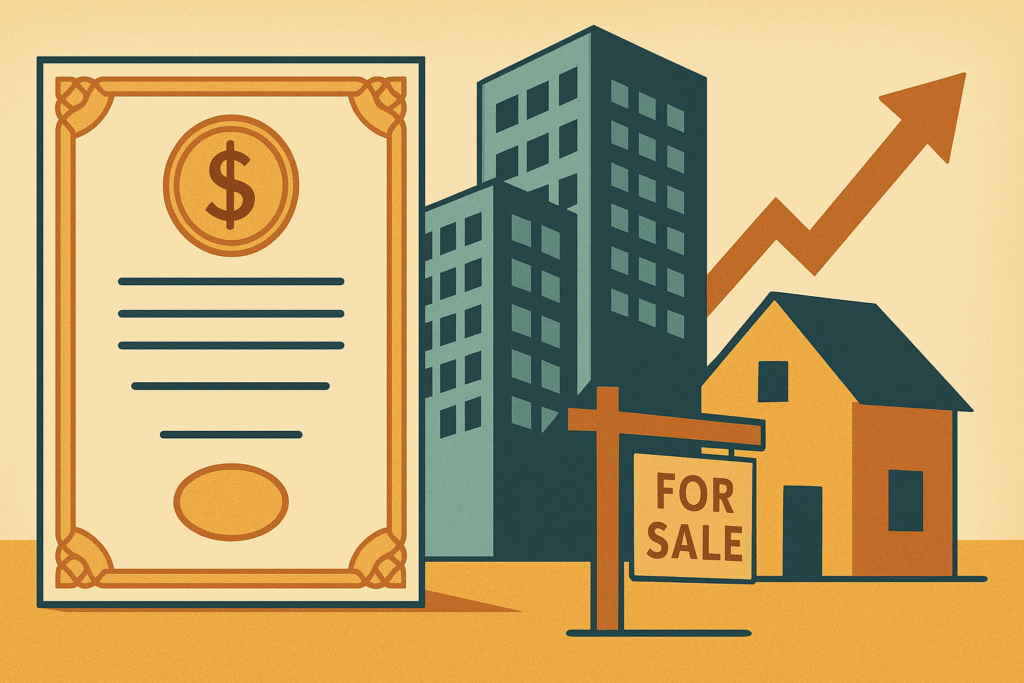The Trump administration is moving forward with efforts to privatize U.S. mortgage giants Fannie Mae and Freddie Mac, with plans for a potential public offering later this year. The move aims to shift the federally backed housing finance agencies out of government conservatorship after more than 15 years under state control.
Sources familiar with the discussions revealed that the administration is considering raising approximately $30 billion through an initial public offering (IPO), with a combined valuation of the two entities estimated around $500 billion. However, senior officials noted that the plan remains fluid and subject to change in the coming months.
Privatizing Fannie and Freddie could significantly impact the U.S. housing finance system and may offer substantial financial gains for hedge funds with long-standing stakes in the entities. High-level meetings have reportedly taken place between President Donald Trump and CEOs from major U.S. banks, including JPMorgan Chase, Citigroup, and Bank of America, to gather input on the plan’s implications.
Trump has previously expressed interest in restoring the agencies to private ownership. In May, he reignited speculation by posting on Truth Social that he was giving “very serious consideration” to the idea of taking Fannie and Freddie public.
While the market has reacted positively—shares of Fannie and Freddie, traded over-the-counter, have surged 795% and 646% respectively in the past year—analysts remain cautious. Many question whether the agencies can realistically achieve a $500 billion valuation given their complex capital structures and regulatory uncertainties.
Fannie Mae and Freddie Mac play a central role in the U.S. mortgage market, purchasing and securitizing home loans. Initially created by the government and later converted to shareholder-owned corporations with implied federal backing, both entities required a $189 billion bailout during the 2008 financial crisis. They have remained under federal conservatorship ever since.
Recent years have seen a strong housing market, enabling the agencies to rebound. According to recent earnings reports, Fannie provided $178 billion in housing financing through June 2025, while Freddie funded $195 billion during the same period.
The administration has indicated that even if the companies are taken public, an implicit government guarantee would remain. However, details regarding how such a backstop would be structured have yet to be disclosed.
Prominent hedge fund managers such as Bill Ackman and John Paulson—who have long predicted the eventual return of Fannie and Freddie to shareholders—stand to gain significantly if the IPO proceeds.
As preparations continue, market watchers and housing analysts remain focused on how the proposed transition will affect mortgage availability, investor confidence, and the long-term stability of the U.S. housing finance system.



